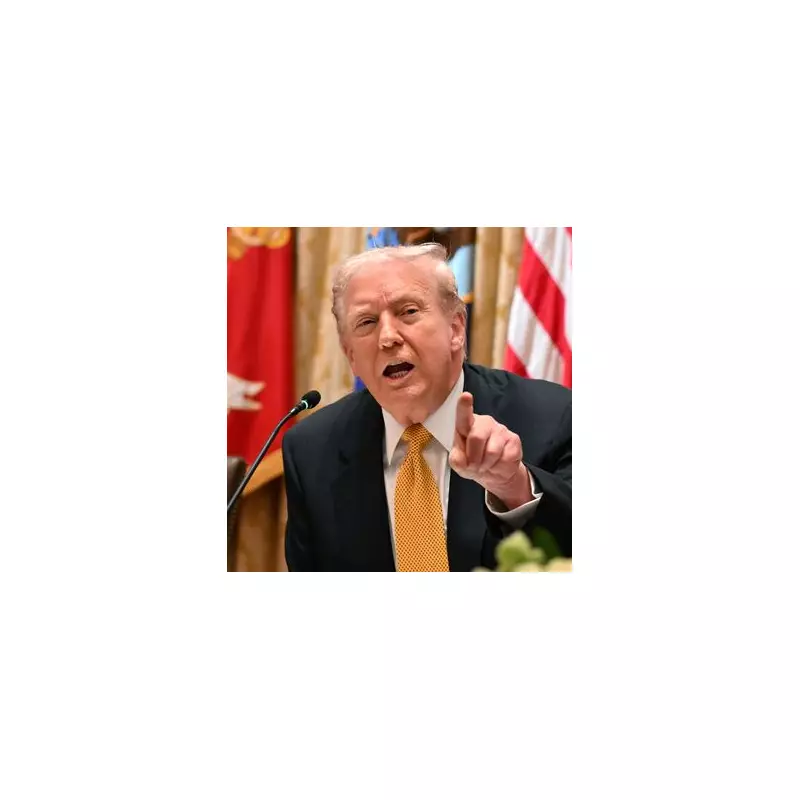
The BBC has issued a defiant response to a legal threat from former US President Donald Trump, with its chairman stating the corporation is prepared for a fight.
A Costly Dispute and High-Profile Departures
The conflict stems from a BBC Panorama documentary broadcast just days before the 2024 US presidential election. The programme featured edited footage of a speech Mr Trump delivered on January 6, 2021, before his supporters stormed the Capitol building in Washington.
The corporation subsequently acknowledged an "error of judgment" in how the speech was spliced together and issued an apology. However, this was not enough to satisfy the former president.
This controversy led to the resignations of BBC Director-General Tim Davie and news chief Deborah Turness last weekend, following accusations of bias and misleading editing.
The Billion-Dollar Ultimatum
Lawyers for Donald Trump threatened to sue the BBC for a staggering one billion dollars in damages unless a formal retraction and apology were published. While the BBC did apologise for the editing error, it refused to pay any financial compensation.
Despite the broadcaster's apology, President Trump has stated his intention to proceed with legal action. In response, BBC Chairman Samir Shah has now publicly hit back, declaring the organisation is "determined to fight this."
Implications for the BBC and International Media
This legal standoff marks a significant moment for the British broadcaster, pitting it against a formidable and litigious former world leader. The BBC's refusal to pay compensation, coupled with Mr Shah's determined statement, sets the stage for a potentially long and costly legal battle.
The case raises profound questions about media freedom, editorial judgment, and the reach of US libel laws concerning international broadcasters. The outcome could have lasting implications for how global news organisations cover powerful political figures.





